#RememberMyName
In his article of 5 February, Massimo Sideri – editor in chief of Corriere Innovazione – wrote about overlooked scientists: those men and women who gave a fundamental contribution to scientific progress but whose names are often unknown. We took up his appeal and were inspired to create #RememberMyName, a social campaign to share the discoveries and revolutionary ideas of lesser-known scientists. Every week on Human Technopole’s social channels we will celebrate one of their names and their stories to remind us all that scientific knowledge is a common good.
To find out the biography of each scientist, click the card!
-
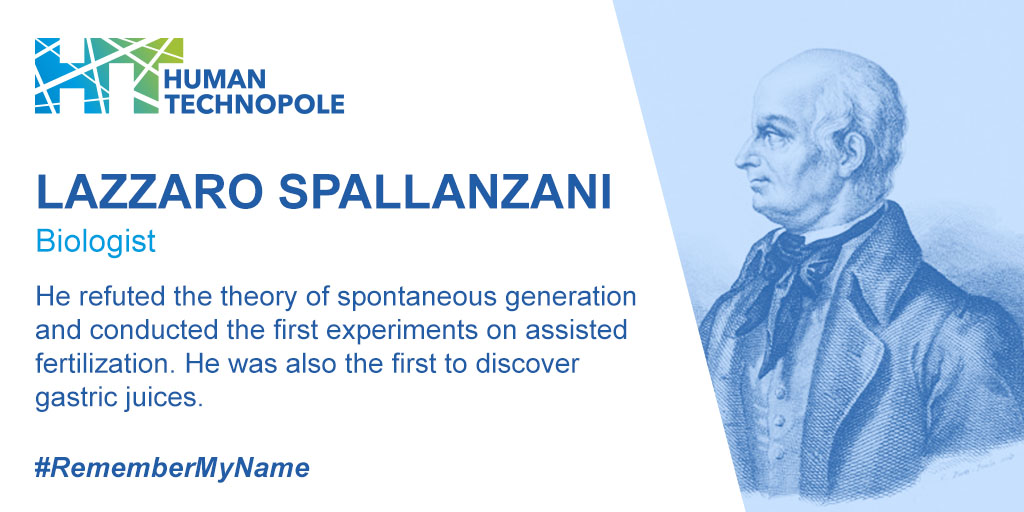
Lazzaro Spallanzani
Lazzaro Spallanzani was an Italian biologist and academic responsible for several important discoveries. He is mainly known for his studies on spontaneous generation, a theory that he was able to refute thanks to precise experiments. He also dedicated himself to studies of the reproductive system that allowed him to define the function of eggs and […]
-
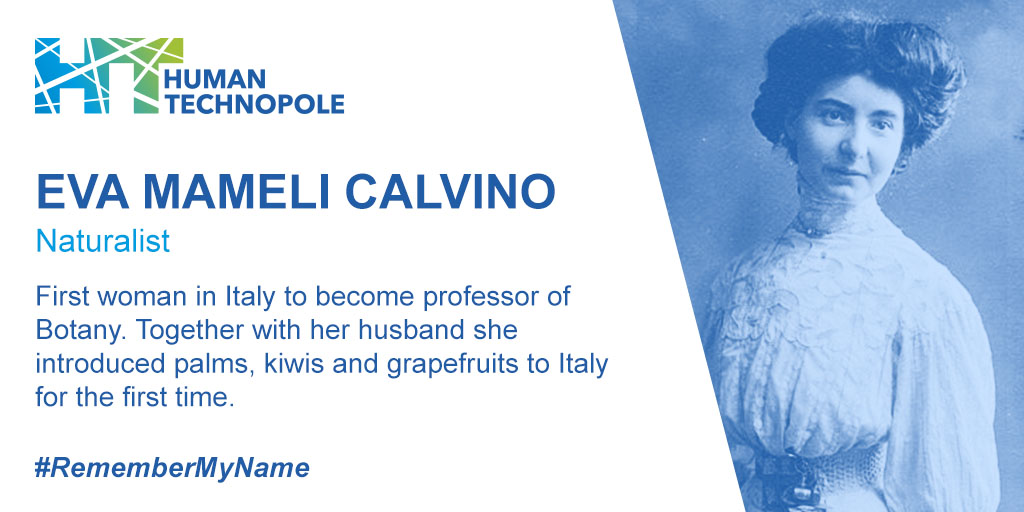
Eva Mameli Calvino
Eva Mameli Calvino was an Italian botanist and naturalist. After obtaining her first degree in Mathematics from the University of Cagliari, she continued her studies and also graduated in Natural Sciences in Pavia. In 1920 she moved to Cuba with her husband Mario Calvino who had been called to direct the local Experimental Agronomic Station […]
-
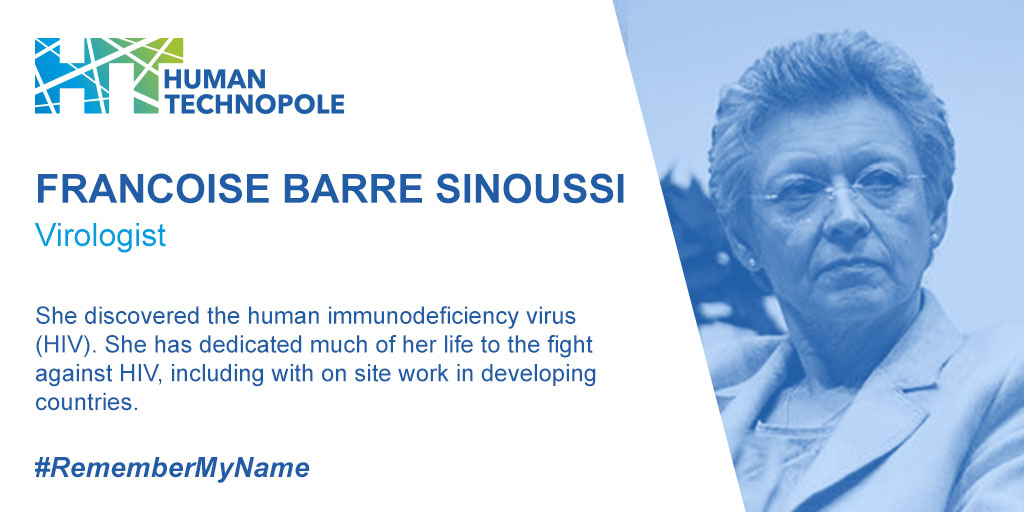
Francoise Barre-Sinoussi
Francoise Barre-Sinoussi is a French virologist who won a Nobel prize in 2008 for the discovery – 25 years prior – of the human immunodeficiency virus (HIV). Francoise came from a modest family and began collaborating with Institute Pasteur in Paris as a volunteer before obtaining her PhD in 1975. Over the years she has […]
-
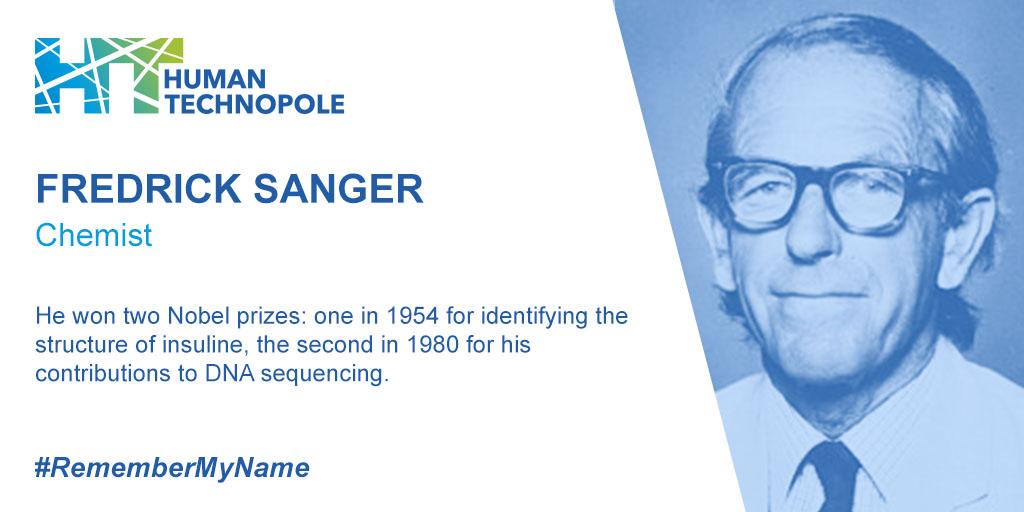
Fredrick Sanger
Fredrick Sanger was a British chemist, well known for his studies on the structure of proteins. In 1954 he identified the structure of insuline, a discovery which earned him a Nobel prize in 1958. In the following years, Sanger shifted his focus towards molecular biology and RNA and DNA sequencing. At the end of the […]
-
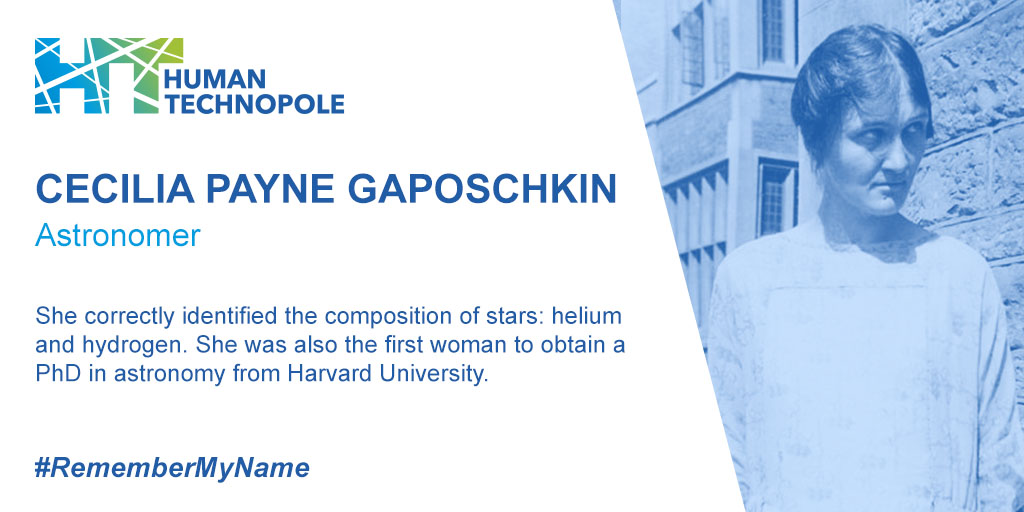
Cecilia Payne Gaposchkin
Cecilia Payne Gaposchkin was a British American astronomer who studied the composition of stars (helium and hydrogen) and classified them on the basis of their temperature. Her theories were initially dismissed by other scientists who believed stars where made of the same composition as the Earth. In 1925, she was the first woman to obtain […]
-
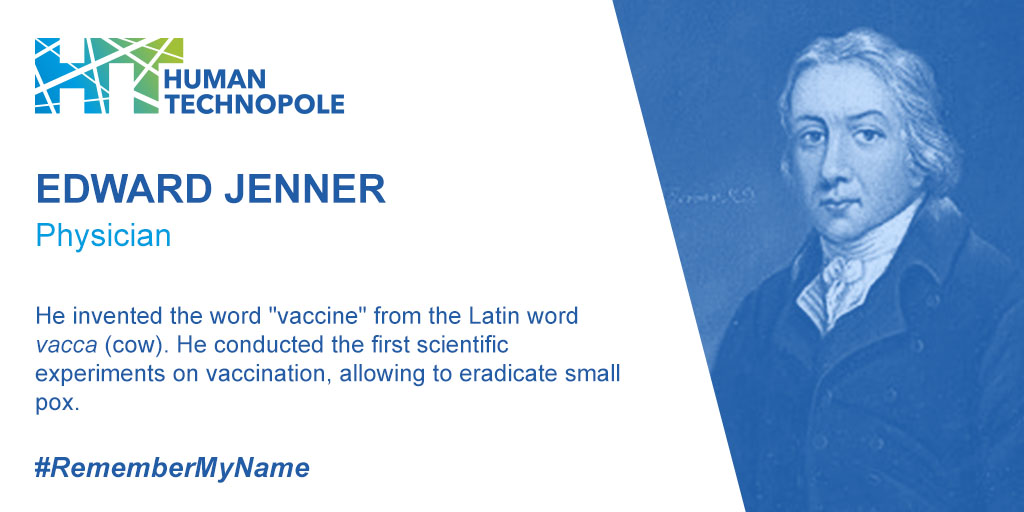
Edward Jenner
Edward Jenner was a British scientist who is considered the “father of immunology” for conducting the first scientific experiments on vaccination. He came up with the word “vaccine” from the Latin vacca (cow). He was heavily criticised for this initial experiments which included inserting bacteria from cow pox into young children to protect them from […]
-
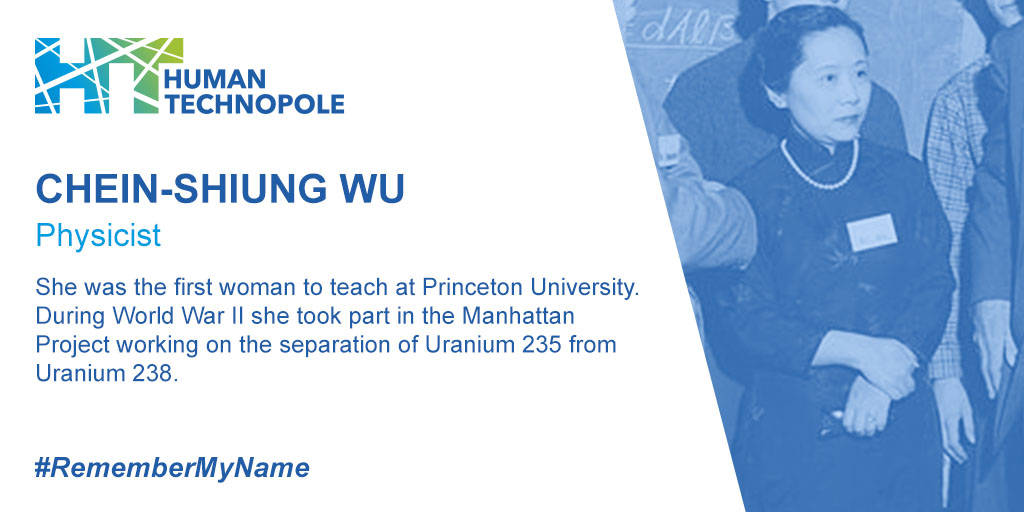
Chein-Shiung Wu
Chien Shing Wu was a Chinese physicist, known also as Madame Wu or the Chinese Marie Curie. She studied in the United States where she concentrated her efforts on uranium fission. She became the first woman to teach at Princeton University and during World War II she collaborated with the Manhattan Project focussing on the […]
-
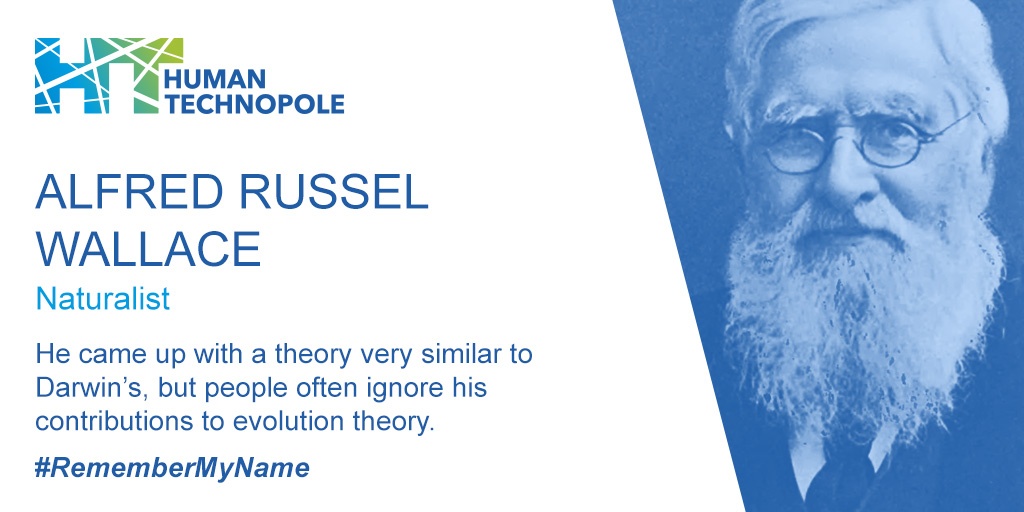
Albert Russell Wallace
Alfred Russel Wallace was a British naturalist who is best known for developing the theory of evolution based on natural selection which further promted Charles Darwin to write On the Origin of Species. He spent several years abroad, travelling throughout Latin America and South East Asia observing the local flora and fauna. His work in […]
-
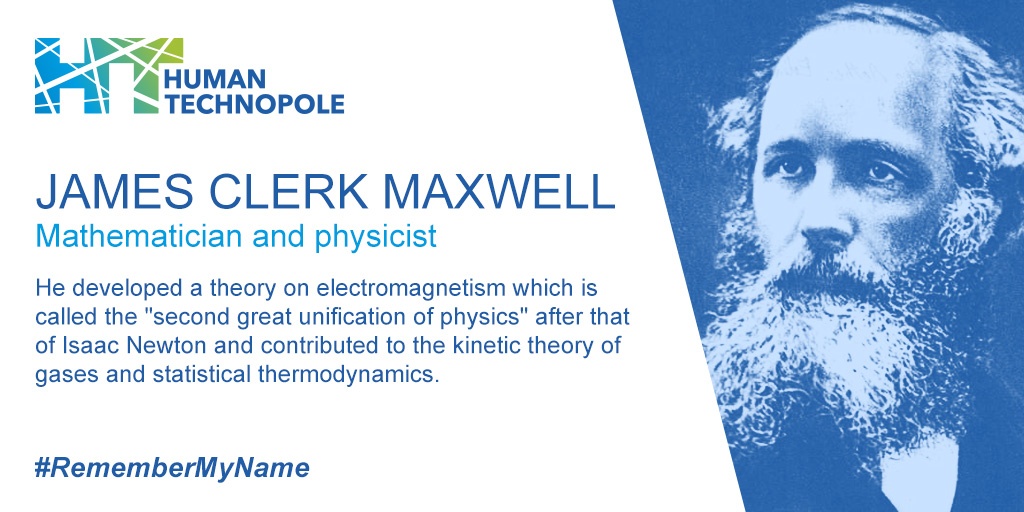
James Clerk Maxwell
James Clerk Maxwell was a Scottish mathematician and physicist who is best know for his studies on electricity and magnetism which he combined into electromagnetism creating four differential equations knows as the Maxwell equations. He is regarded as one of the most influentian physicists of his time, paving the way for quantum theory. SOURCE: https://www.britannica.com/biography/James-Clerk-Maxwell
-
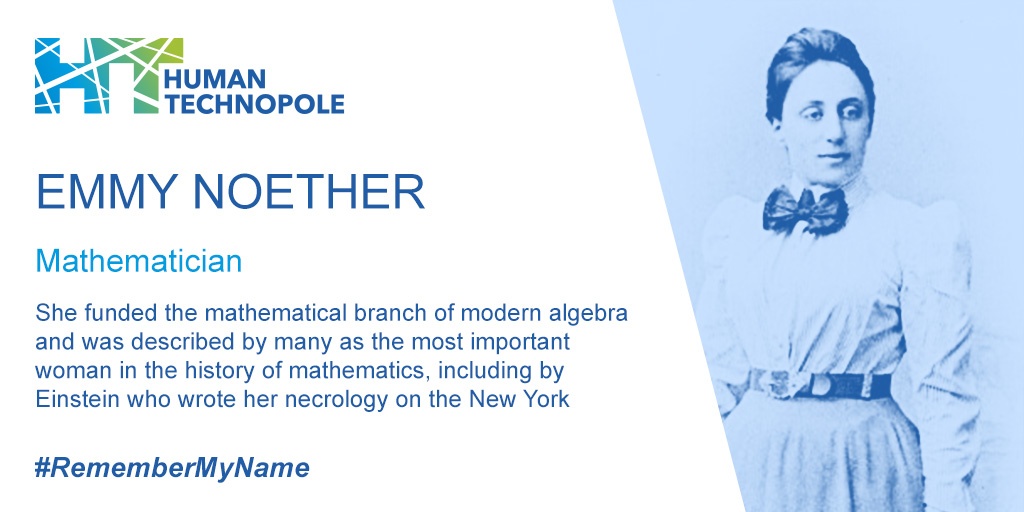
Emmy Noether
Emmy Noether was a mathematician who studies mathematical physics, ring theory and abstract algebra. she is remembered for her contributions in funding modern algebra and for naming a theorem that highlights the connection between symmetries and laws of conservation. A lot of scholars consider her to be one of the most prominent figures in the […]
-
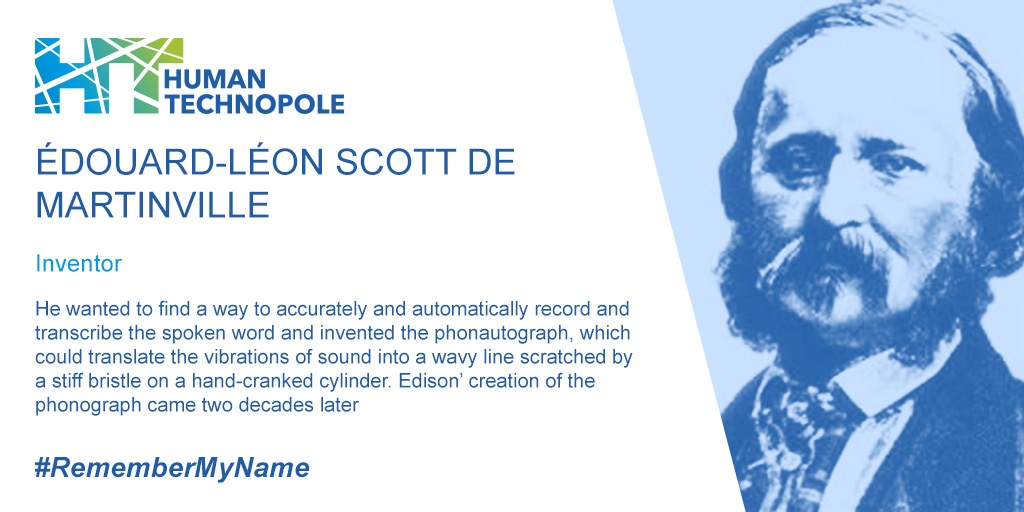
Édouard-Léon Scott de Martinville
Édouard-Léon Scott de Martinville was a French bookseller and printer who he tried to create a mechanical instrument capable of transcribing vocal sounds. Studying auditory anatomy, he built a device that imitated the functioning of the ear: an elastic limb and a series of levers acted as a tympanum and bones; a horn collected sounds […]
-
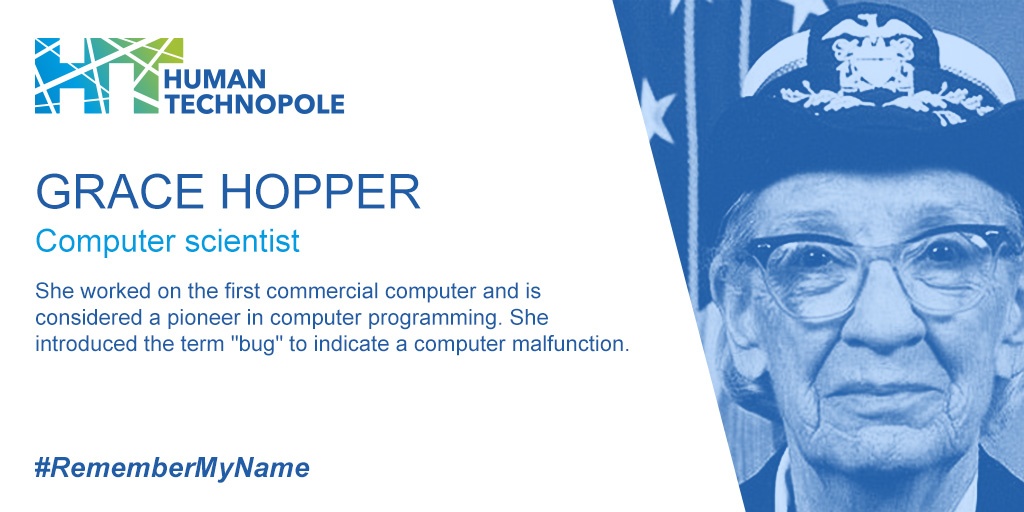
Grace Hopper
Grace Hopper is an American mathematics and computer science famous for working on the first commercial electronic computer in history. In addition to working on digital computers for civilian use, she was engaged in standardizing the language for military computers. He introduced a term – “bug” – to indicate the malfunction of the machine, an […]
-
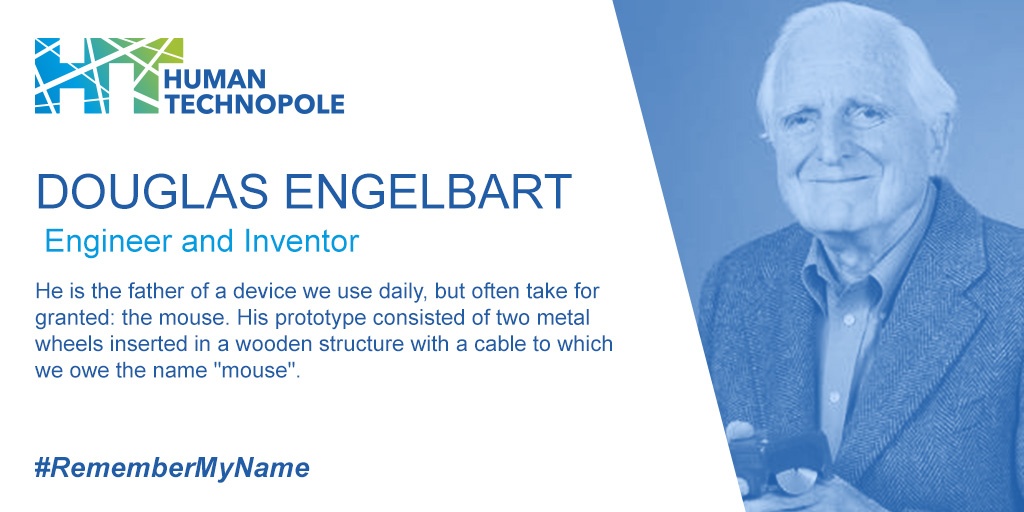
Douglas Engelbart
Douglas Engelbart was an American engineer and inventor. To him we owe the invention of the first mouse that he built using two metal wheels inserted inside the wooden structure to which, in turn, was connected a cable to which we owe the name “mouse”. Interested in computers, he was also the author of other […]
-
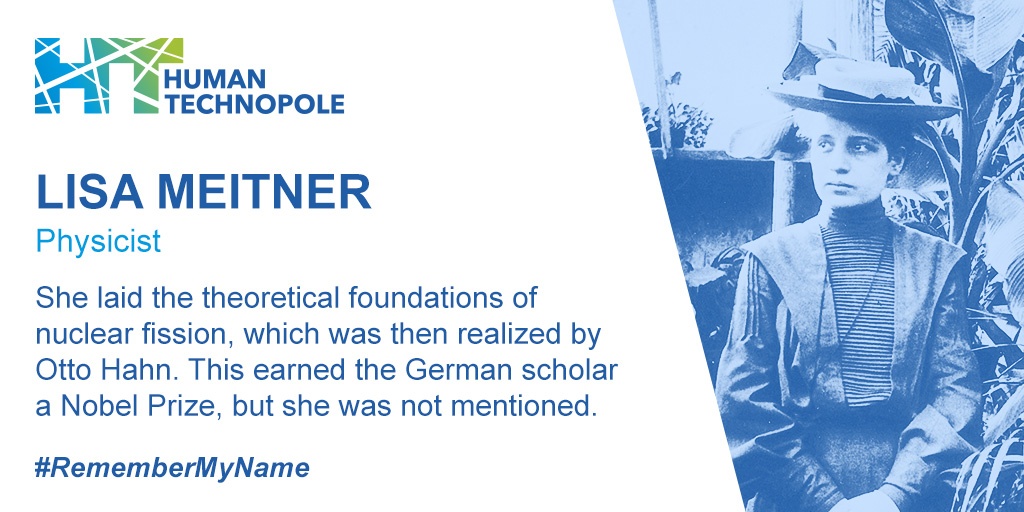
Lisa Meitner
Lisa Meitner was an Austrian physicist who first provided the interpretation of the nuclear fission process and made important contributions to atomic physics. In particular, she worked together with the physicist Otto Hahn: together they succeeded in demonstrating the phenomenon of “atomic recoil” and discovered some radioactive nuclides. During her research, she discovered the isotope […]
-
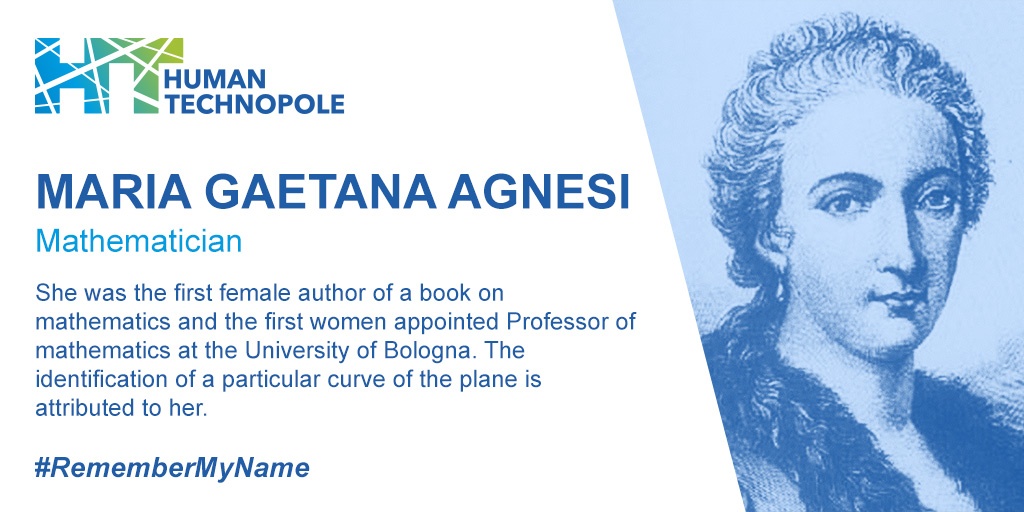
Maria Gaetana Agnesi
Maria Gaetana Agnesi, (born May 16, 1718, Milan, Habsburg crown land [now in Italy]—died January 9, 1799, Milan), Italian mathematician and philosopher, considered to be the first woman in the Western world to have achieved a reputation in mathematics. Agnesi was the eldest child of a wealthy silk merchant who provided her with the best […]
-
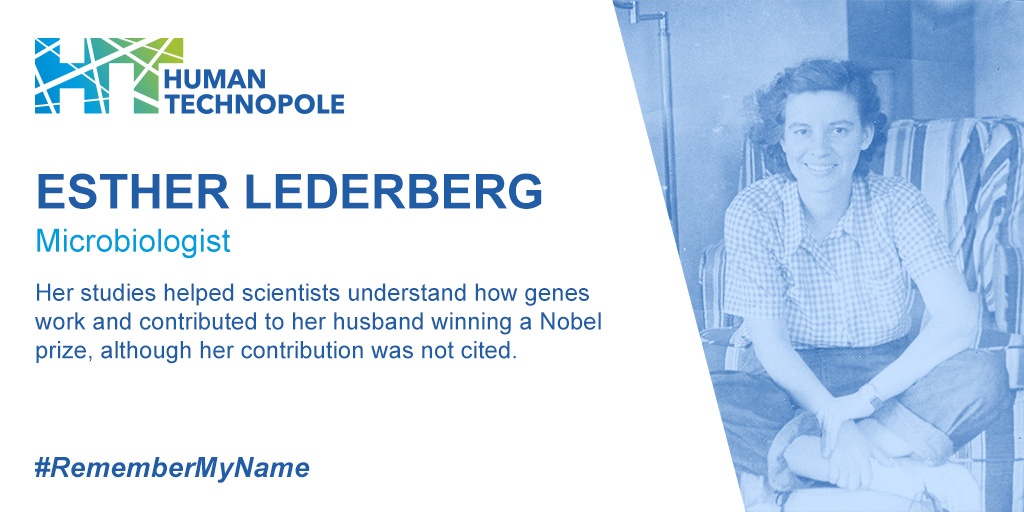
Esther Lederberg
Born in 1922, Esther Miriam Zimmer came of age in New York City during World War II. Her family was poor. Her father worked as a printer, his siblings as garment workers. But Esther, a voracious learner, would fly far beyond the Bronx neighborhood where she grew up. At Hunter College, which she attended on a […]
-
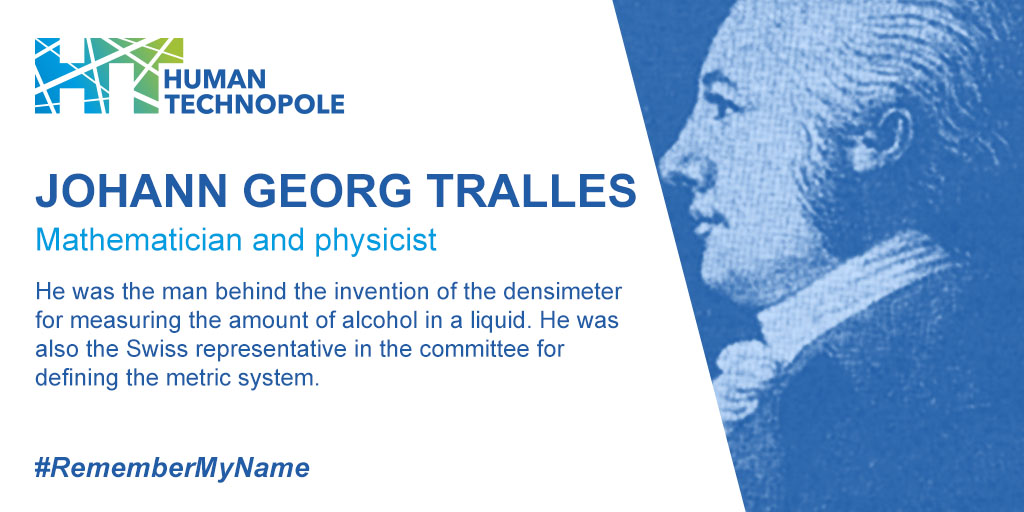
Johann Georg Tralles
Johan Tralles was a German mathematician and chemist. He participated as representative of Switzerland in the International Bureau of Weights and Measures which defined the metric system. He was responsible for the discovery of a particular type of hydrometer which determines the alcohol content of water and alcohol mixtures. In 1819 he identified a Great Comet […]
-
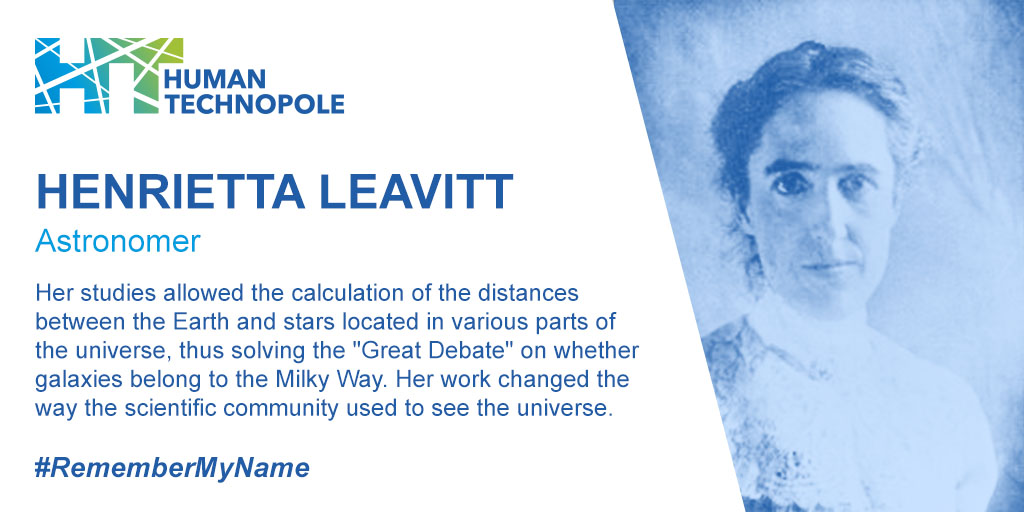
Henrietta Leavitt
Henrietta Swan Leavitt, (born July 4, 1868, Lancaster, Massachusetts, U.S.—died December 12, 1921, Cambridge, Massachusetts), American astronomer known for her discovery of the relationship between period and luminosity in Cepheid variables, pulsating stars that vary regularly in brightness in periods ranging from a few days to several months. Leavitt attended Oberlin College for two years […]
-
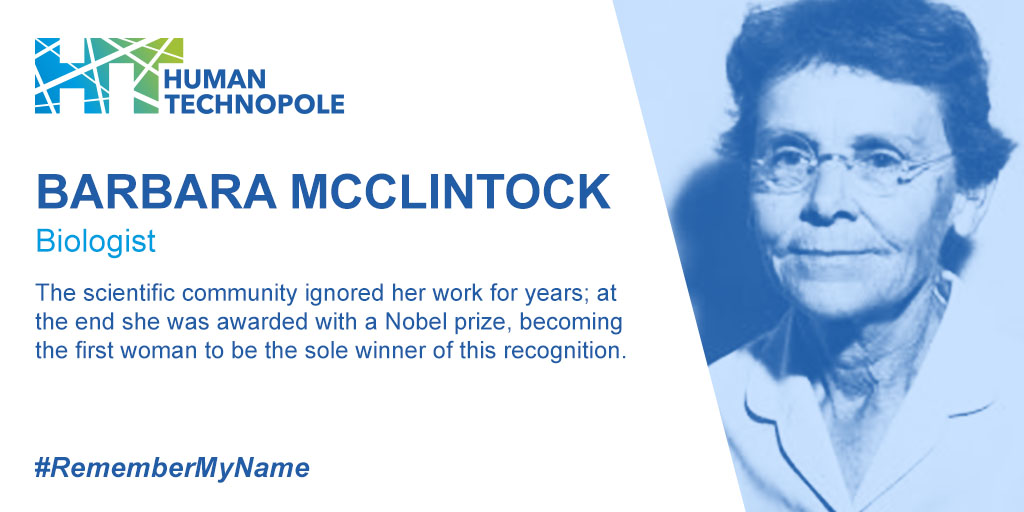
Barbara McClintock
Barbara McClintock, (born June 16, 1902, Hartford, Connecticut, U.S.—died September 2, 1992, Huntington, New York), American scientist whose discovery in the 1940s and ’50s of mobile genetic elements, or “jumping genes,” won her the Nobel Prize for Physiology or Medicine in 1983. McClintock, whose father was a physician, took great pleasure in science as a […]
-
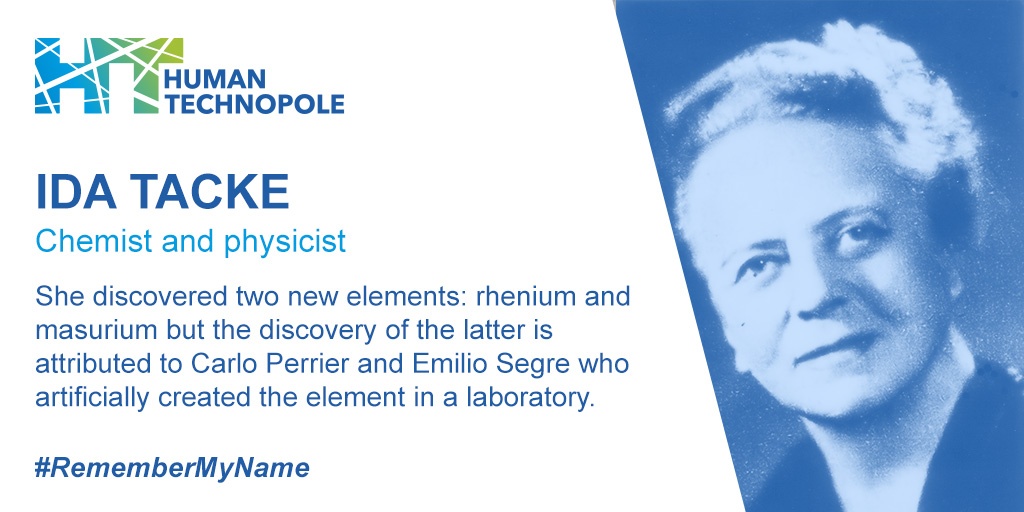
Ida Tacke
Ida Noddack, née Ida Eva Tacke, (born Feb. 25, 1896, Lackhausen (now Wesel), Ger.—died Sept. 24, 1978, Bad Neuenahr), German chemist who codiscovered the chemical element rhenium and who first proposed the idea of nuclear fission. Tacke received a bachelor’s and a doctoral degree from the Technical University in Berlin in 1919 and 1921, respectively. […]
-
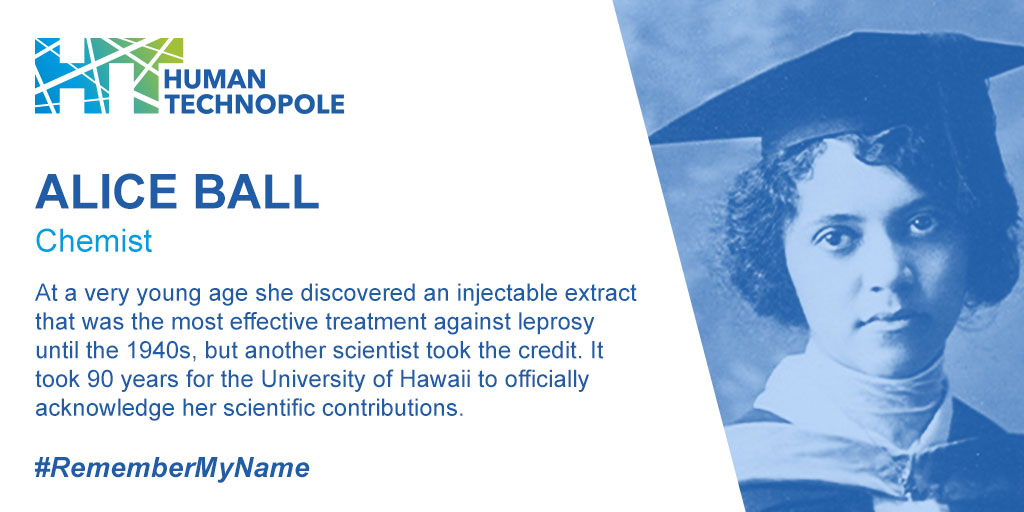
Alice Ball
Alice Ball was a chemist who very early in her career pioneered a treatment for Hansen’s Disease, known also as leprosy, which became known as the ‘Ball Method.’ It was the only working treatment until antibiotics were invented. Alice Ball left Seattle High School after receiving the top grades in the sciences, and went on […]
-
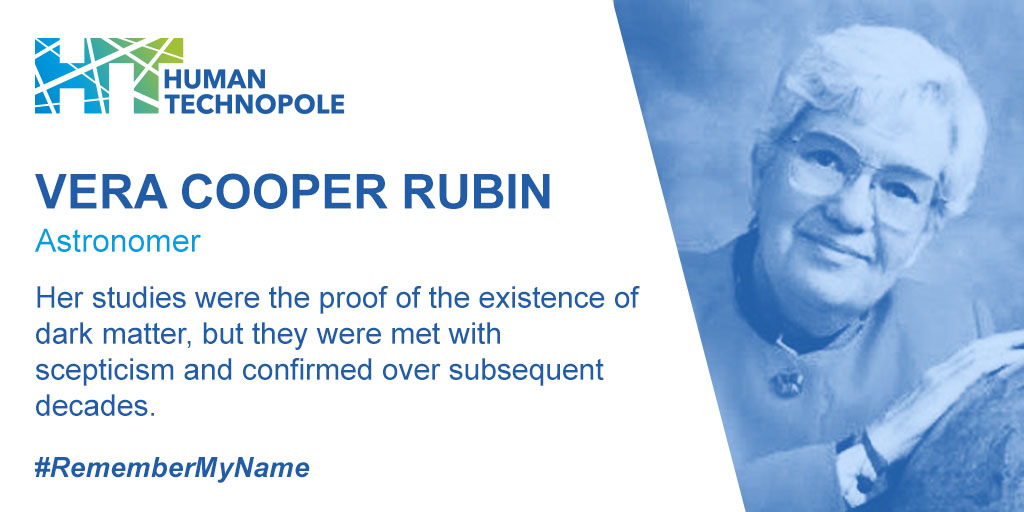
Vera Cooper Rubin
Vera Rubin, (Vera Florence Cooper), American astronomer (born July 23, 1928, Philadelphia, Pa.—died Dec. 25, 2016, Princeton, N.J.), made groundbreaking observations that provided evidence for the existence of a vast amount of dark matter in the universe. The Swiss American astronomer Fritz Zwicky had in 1933 observed that the mass of stars within a galaxy […]
-
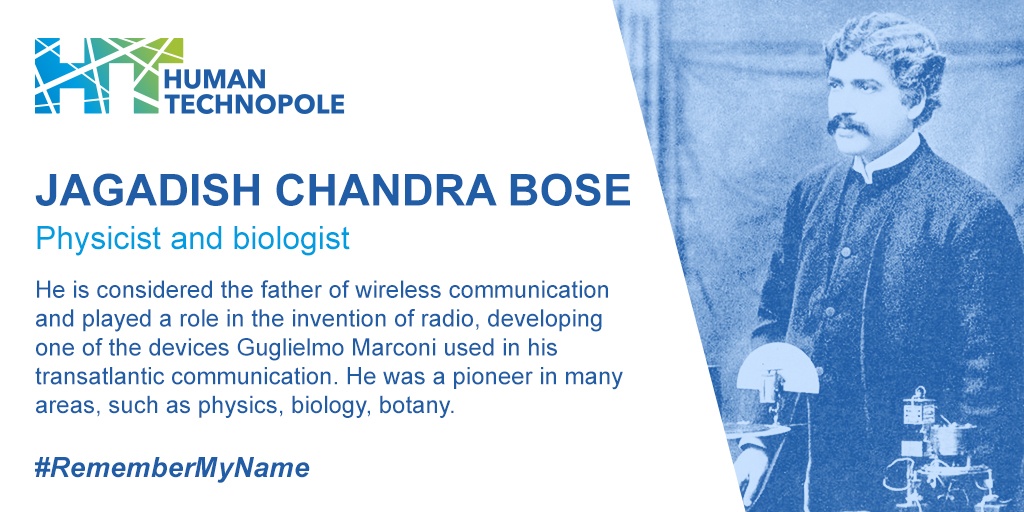
Jagadish Chandra Bose
Sir Jagadish Chandra Bose, Jagadish also spelled Jagadis, (born November 30, 1858, Mymensingh, Bengal, India (now in Bangladesh)—died November 23, 1937, Giridih, Bihar), was an Indian plant physiologist and physicist whose invention of highly sensitive instruments for the detection of minute responses by living organisms to external stimuli enabled him to anticipate the parallelism between […]
-
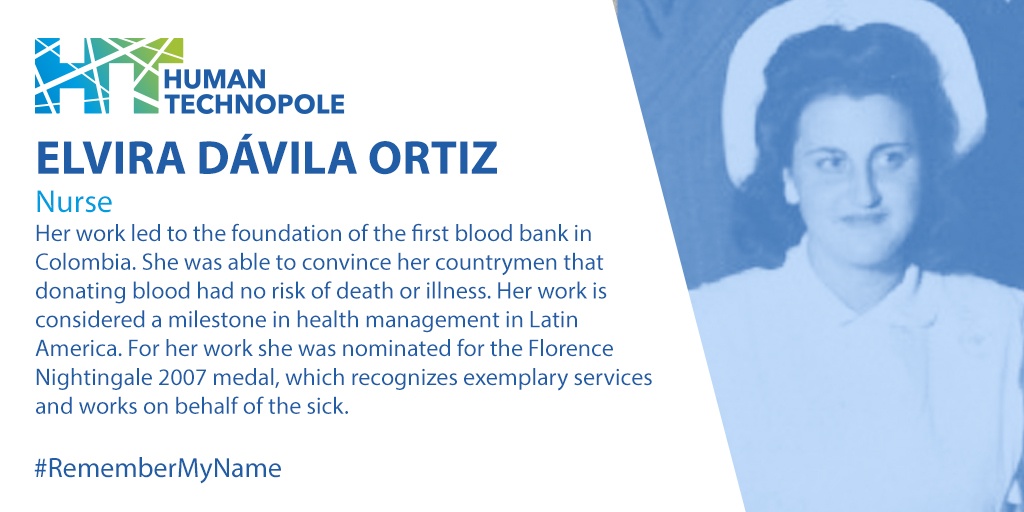
Elvira Dávila Ortiz
Elvira Dávila Ortiz was a Colombian nurse, a pioneer in this field. Her work was fundamental to the creation of the Blood Bank in her country. Her efforts focused on convincing the usefulness of blood transfusion in saving lives. Before her, people thought that this practice had negative consequences. She understood the importance of transfusion […]
-

Jocelyn Bell Burnell
Jocelyn Bell Burnell, née Susan Jocelyn Bell, (born July 15, 1943, Belfast, Northern Ireland), was a British astronomer who discovered pulsars, the cosmic sources of peculiar radio pulses. She attended the University of Glasgow, where she received a bachelor’s degree (1965) in physics. She proceeded to the University of Cambridge, where she was awarded a […]
-
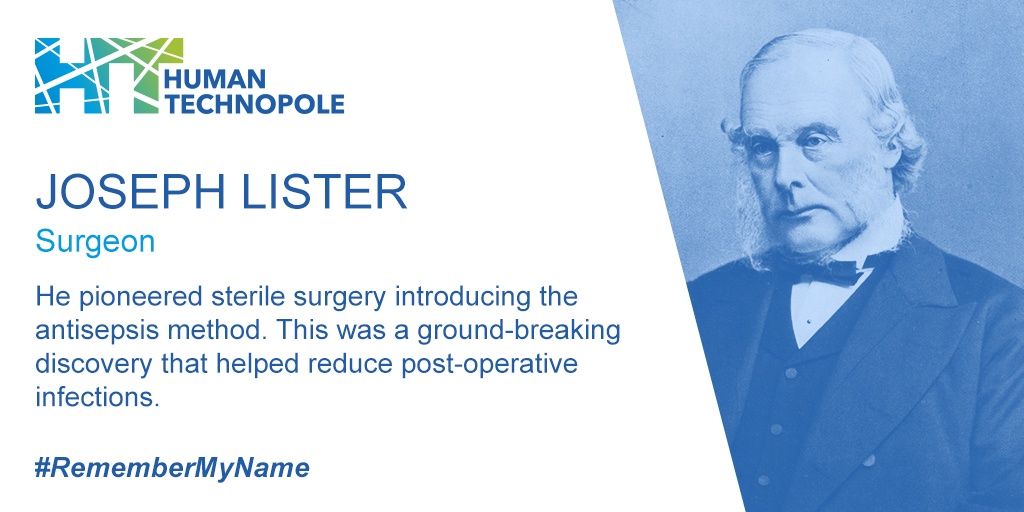
Joseph Lister
Joseph Lister was British surgeon and medical scientist who was the founder of antiseptic medicine and a pioneer in preventive medicine. While his method, based on the use of antiseptics, is no longer employed, his principle—that bacteria must never gain entry to an operation wound—remains the basis of surgery to this day. He was made […]
-
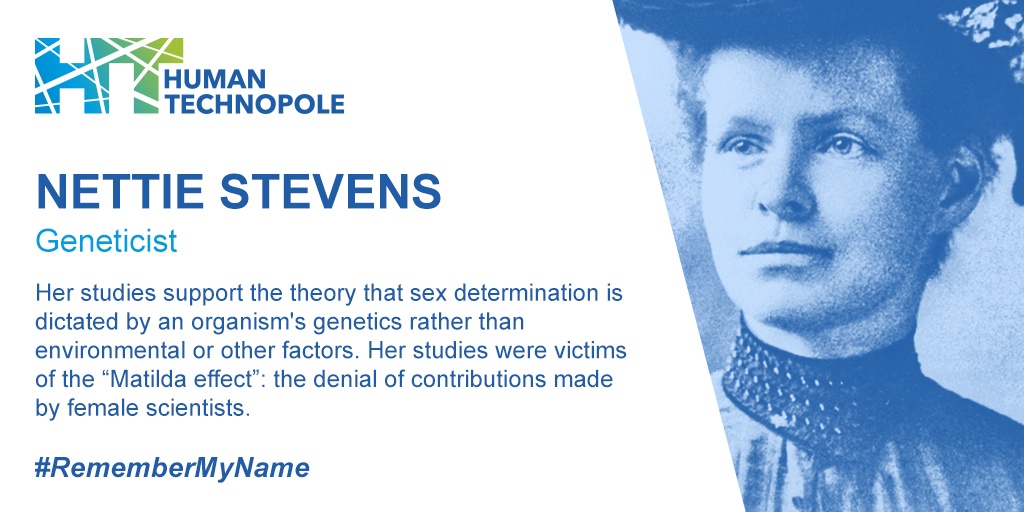
Nettie Stevens
Nettie Stevens, in full Nettie Maria Stevens, (born July 7, 1861, Cavendish, Vermont, U.S.—died May 4, 1912, Baltimore, Maryland), American biologist and geneticist who was one of the first scientists to find that sex is determined by a particular configuration of chromosomes. Stevens’s early life is somewhat obscure, although it is known that she taught […]
-
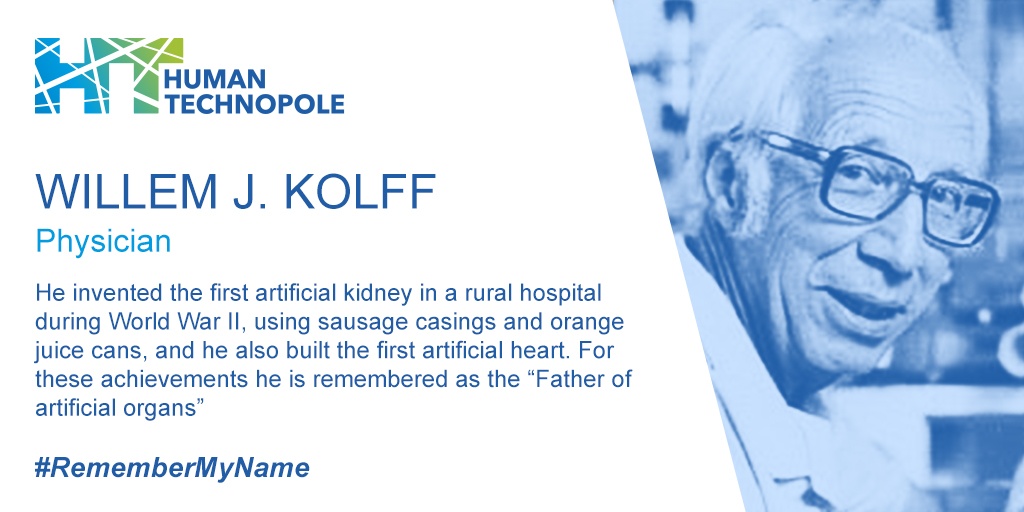
Willem J. Kolff
Willem Johan Kolff, Dutch-born American physician (born Feb. 14, 1911, Leiden, Neth.—died Feb. 11, 2009, Newtown Square, Pa.), was a pioneering biomedical engineer who invented the kidney dialysis machine and led the medical team that on Dec. 2, 1982, implanted the first artificial human heart in Barney Clark. After earning an M.D. (1938) from the […]
-
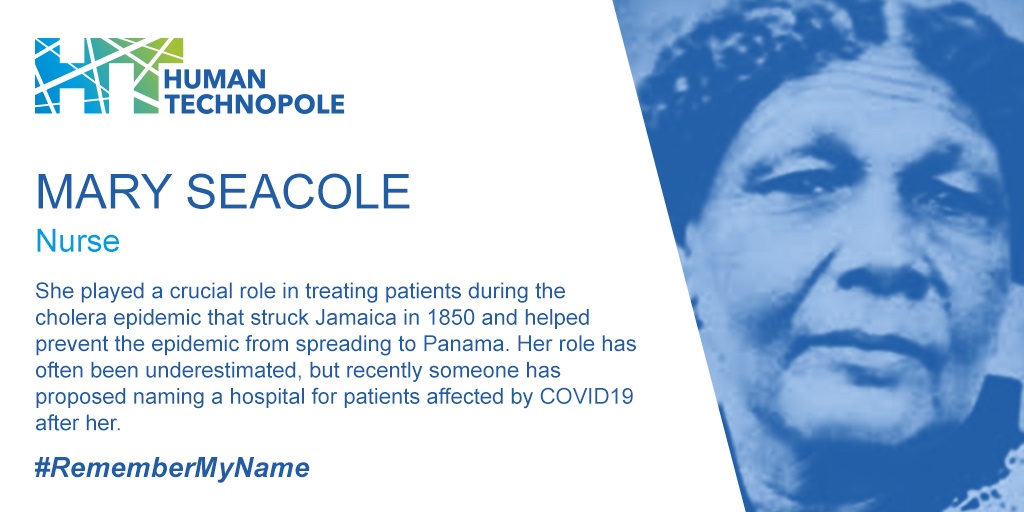
Mary Seacole
Mary Seacole, née Mary Jane Grant, (born 1805, Kingston, Jamaica—died May 14, 1881, London, England), Jamaican businesswoman who provided sustenance and care for British soldiers at the battlefront during the Crimean War. Her father was a Scottish soldier, and her mother was a free black Jamaican woman and “doctress” skilled in traditional medicine who provided […]
-

Ada Lovelace
Ada Lovelace, in full Ada King, countess of Lovelace, original name Augusta Ada Byron, Lady Byron, (born December 10, 1815, Piccadilly Terrace, Middlesex [now in London], England—died November 27, 1852, Marylebone, London) was an English mathematician, an associate of Charles Babbage, for whose prototype of a digital computer she created a program. She has been […]
-
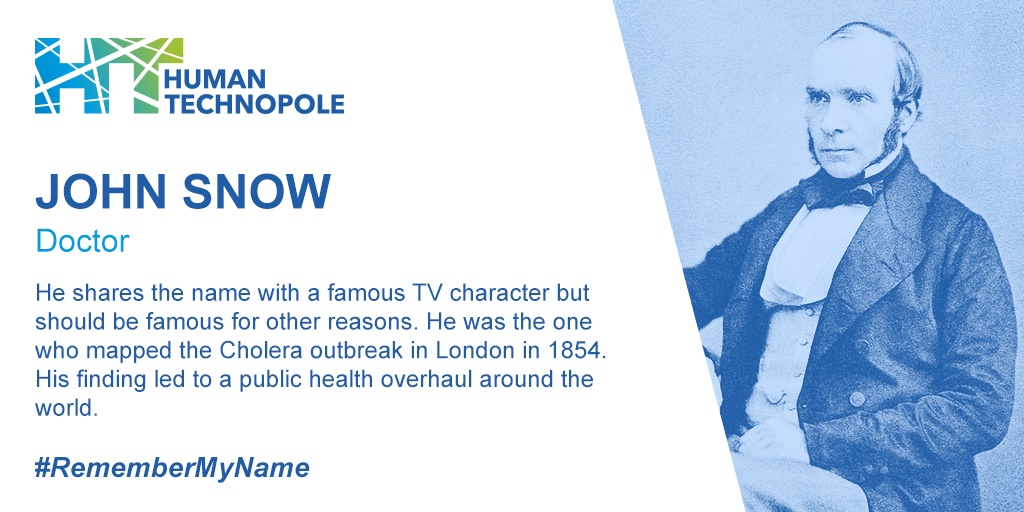
John Snow
John Snow, (born March 15, 1813, York, Yorkshire, England—died June 16, 1858, London), was an English physician known for his seminal studies of cholera and widely viewed as the father of contemporary epidemiology. His best-known studies include his investigation of London’s Broad Street pump outbreak, which occurred in 1854, and his “Grand Experiment,” a study […]
-
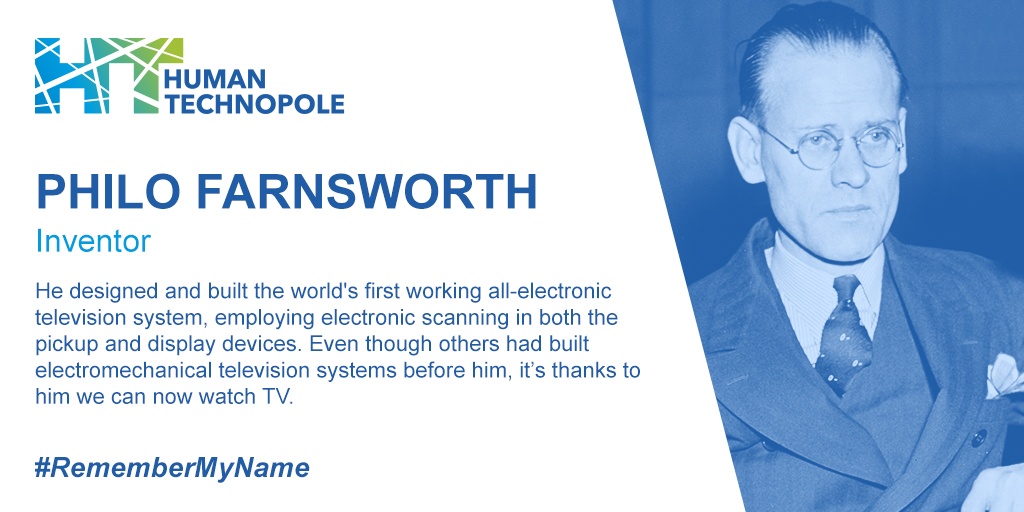
Philo Farnsworth
Philo Farnsworth, (born August 19, 1906, Beaver, Utah, U.S.—died March 11, 1971, Salt Lake City, Utah), was American inventor who developed the first all-electronic television system. Farnsworth was a technical prodigy from an early age. An avid reader of science magazines as a teenager, he became interested in the problem of television and was convinced […]
-
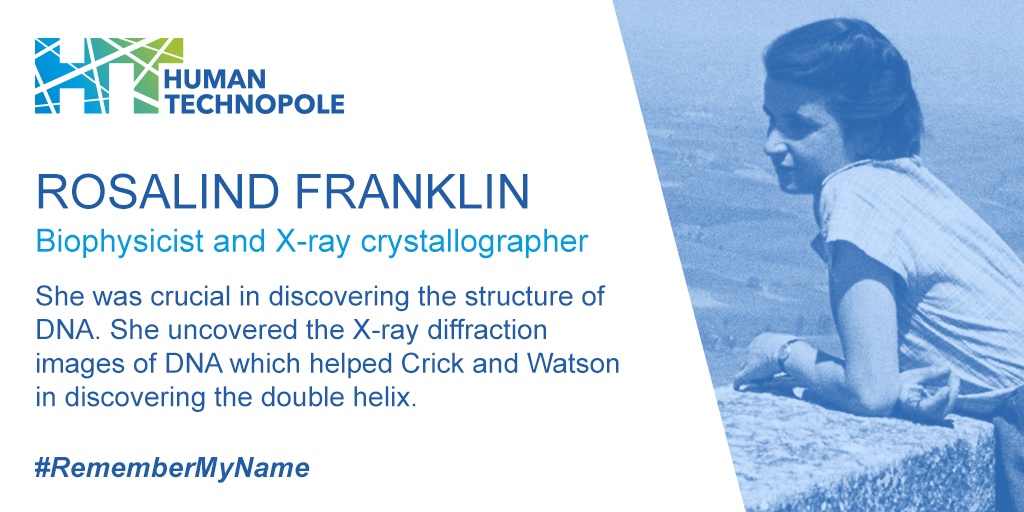
Rosalind Franklin
Rosalind Franklin (born July 25, 1920, London, England—died April 16, 1958, London) was British scientist best known for her contributions to the discovery of the molecular structure of deoxyribonucleic acid (DNA), a constituent of chromosomes that serves to encode genetic information. Franklin also contributed new insight on the structure of viruses, helping to lay the […]